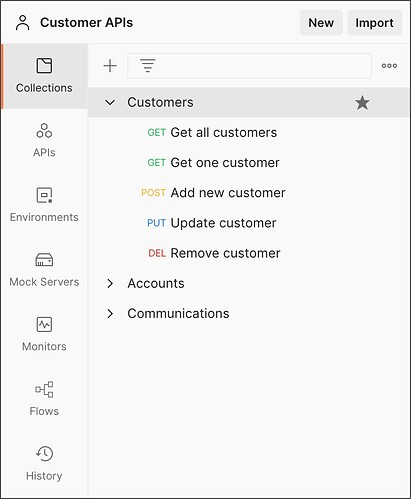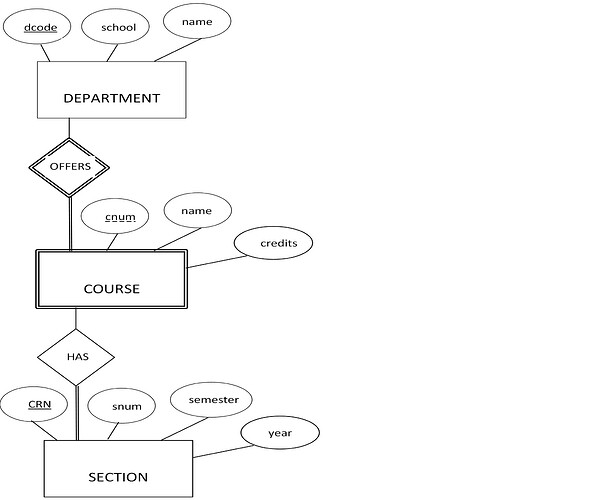Day 55: RTK Query & Store.js: Simplifying API State Management in Redux Toolkit
Modern React applications need efficient data fetching and caching. Instead of manually managing API calls with useEffect and useState, RTK Query simplifies this by integrating API state directly into Redux Toolkit.
![]() What is RTK Query?
What is RTK Query?
RTK Query is a data-fetching and caching tool within Redux Toolkit. It automates caching, refetching, and state updates, making API interactions more efficient.
![]() Configuring Redux Store (store.js)
Configuring Redux Store (store.js)
To integrate RTK Query, the Redux store is configured with configureStore, where the API service is added to the reducers and middleware.
Example: The store includes authApi.reducerPath in the reducers and appends authApi.middleware to handle caching and async requests efficiently.
![]() Defining an API Service
Defining an API Service
A typical RTK Query API service uses createApi, specifying a base URL and defining API endpoints. These endpoints can be queries (for fetching data) or mutations (for sending data).
For example, an authentication API service might have:
A mutation for logging in (loginUser) that sends a POST request.
A query for fetching user details (getUserProfile).
RTK Query automatically generates React hooks for these, such as useLoginUserMutation and useGetUserProfileQuery, making it easy to interact with APIs in components.
![]() Using RTK Query in Components
Using RTK Query in Components
Once the API service is set up, these hooks can be used in React components. Calling useLoginUserMutation triggers a login request, while useGetUserProfileQuery automatically fetches user data and handles loading and error states.
![]() Why Use RTK Query?
Why Use RTK Query?
Reduces Boilerplate: No need for managing state, useEffect, or additional API handling.
Automatic Caching & Re-fetching: Avoids redundant API calls and keeps data fresh.
Built-in Error Handling: Simplifies network request management.
By structuring the Redux store with RTK Query, applications become more scalable, maintainable, and performant, ensuring a better developer and user experience. ![]()




